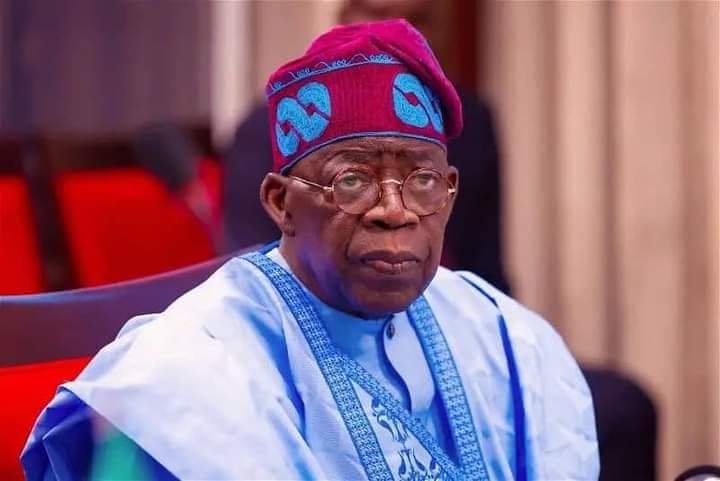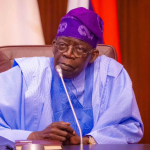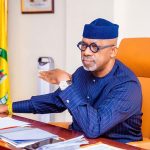
In a recent statement, President Bola Tinubu has pledged that the federal government is taking decisive measures to maintain the existing pump price of Premium Motor Spirit (PMS), also known as petrol, across the country. This commitment is accompanied by an affirmation that the government will uphold its policy of subsidy removal.
Addressing concerns about a potential hike in fuel prices, President Tinubu dismissed the Nigeria Labour Congress (NLC)’s recent threats to initiate an economy-wide shutdown. He labeled the NLC’s response as premature and urged all stakeholders to maintain a sense of calm and cooperation. The President emphasized that maintaining peace and stability in the nation was of utmost importance.
President Tinubu further guaranteed that there would be no further escalation in the cost of petrol within any region of Nigeria. This assertion aligns with the statement made by the Nigerian National Petroleum Company (NNPC) Limited, asserting that they have no plans to increase the pump price per litre of petrol.
The context of these reassurances comes in the wake of the Kenyan government’s decision to reintroduce fuel subsidies. Although Kenya initially followed Nigeria’s footsteps in removing fuel subsidies, they have now opted to implement these subsidies again for a limited period of 30 days. This move is in response to mounting public dissatisfaction and protests over the soaring prices of petrol, kerosene, and diesel.
During a press briefing at the Presidential Villa in Abuja, Ajuri Ngelale, the Special Adviser to the President on Media and Publicity, highlighted the President’s stance. Ngelale cited the President’s confidence that maintaining the current pricing could be achieved without reversing the deregulation policy. He stressed the importance of addressing inefficiencies in the petroleum sector to stabilize prices and assured the public that the President’s aim was to foster a competitive market without monopolies.
Ngelale supported his statements with a comparative analysis of petrol prices across West African countries. He revealed that Nigeria’s current pump price was significantly lower than neighboring nations such as Senegal, Guinea, Côte d’Ivoire, Mali, and the Central African Republic. This data reinforced the government’s efforts to maintain an affordable pricing structure.
As concerns lingered over the potential for another fuel price hike, NNPC Limited spokesperson, Muhammad Garbadeen, offered clarification. Garbadeen confirmed that NNPC had no intentions of raising petrol prices for the third consecutive time since the removal of the subsidy. In an official statement, he reassured customers that NNPC Retail would continue to provide the best quality products at affordable prices.
Meanwhile, the Kenyan government’s decision to reintroduce fuel subsidies is seen as a response to growing discontent over high living costs and inflation. The Energy and Petroleum Regulatory Authority (EPRA) revealed that oil marketing companies would be compensated through the Petroleum Development Fund to alleviate the financial burden associated with fuel pricing.
With these developments, the Nigerian government remains resolute in its commitment to maintaining petrol prices, assuring citizens of its efforts to create a competitive and stable petroleum market.





Comments are closed.